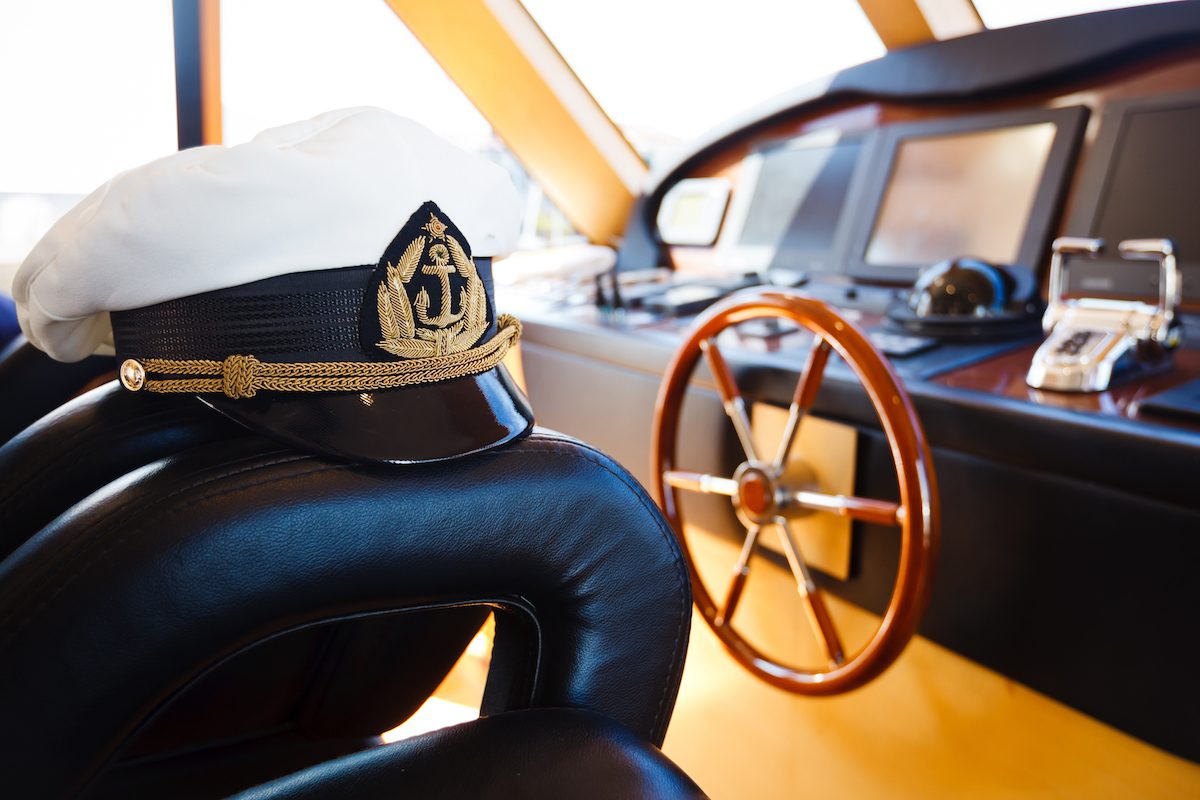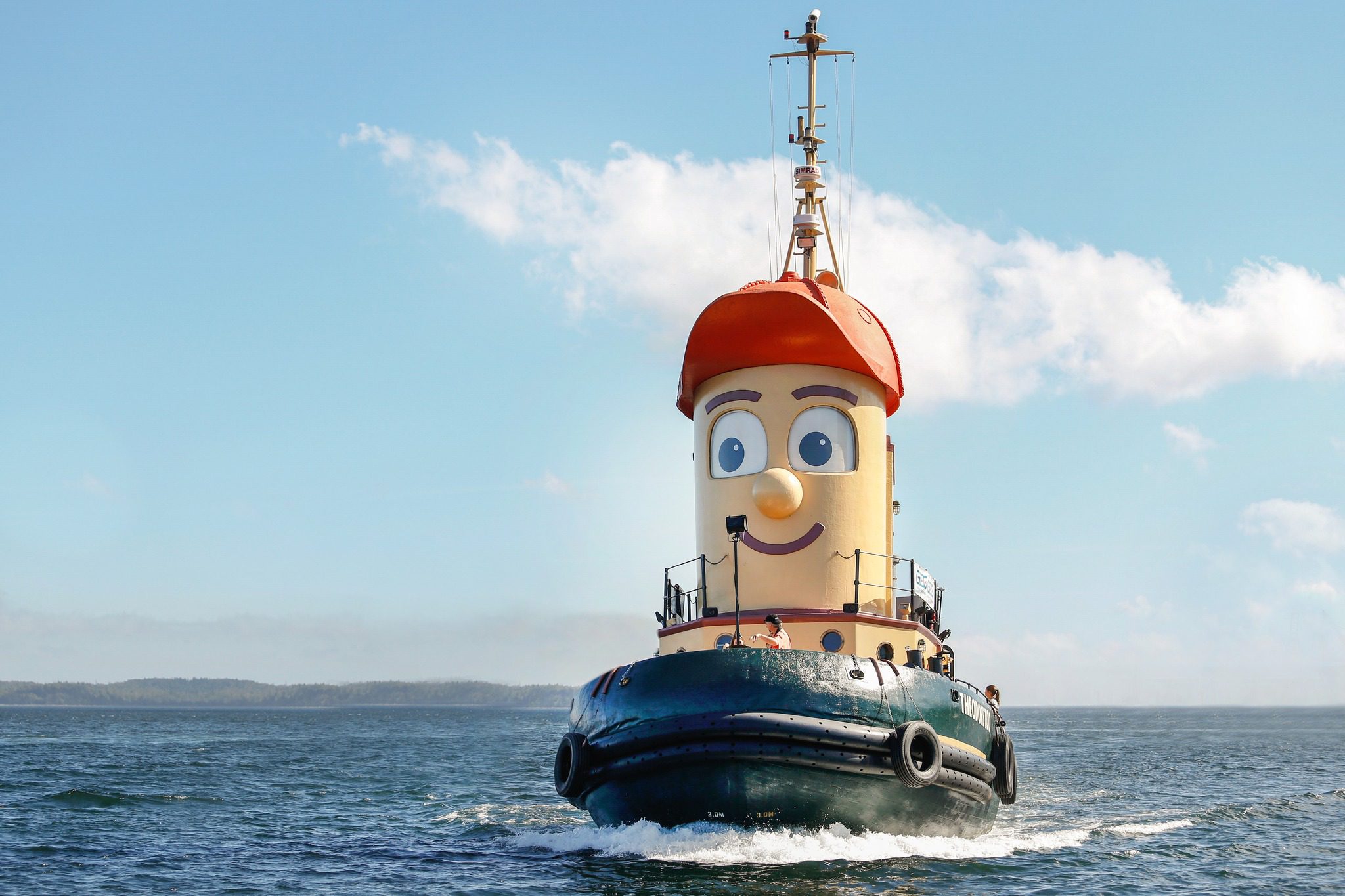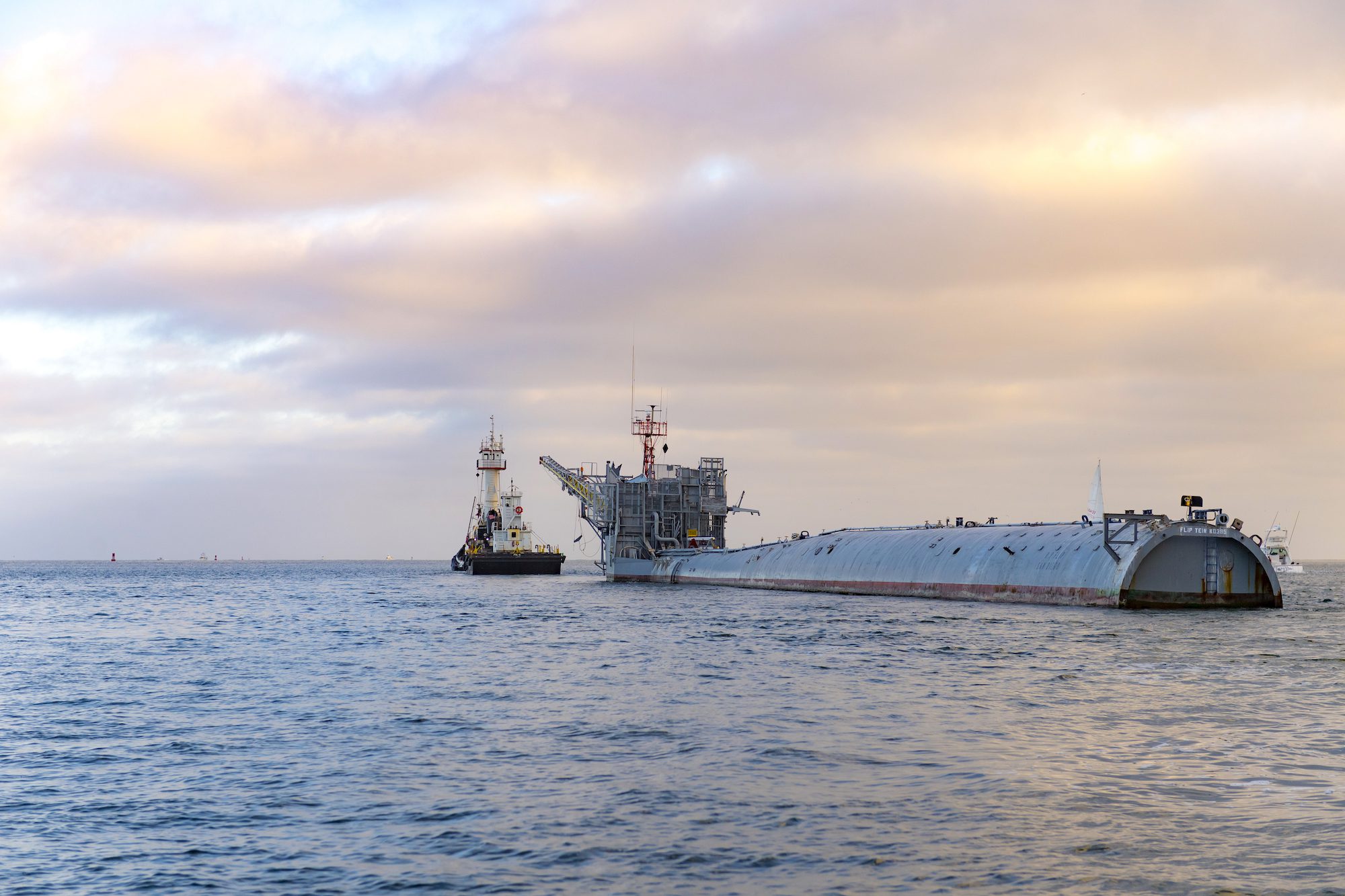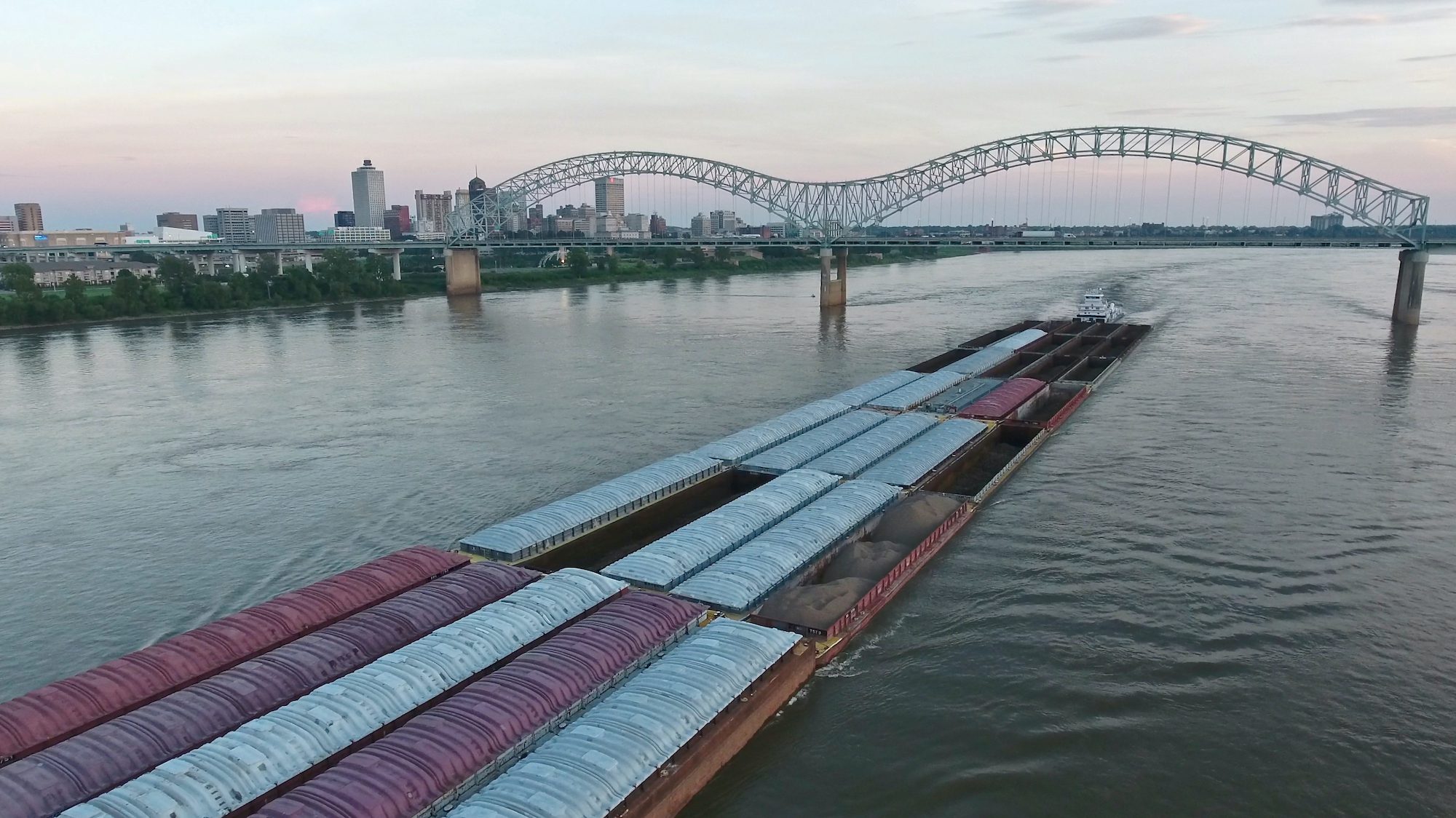by John Konrad (gCaptain) Over the past few years a few of my fellow captains and I have been working on new ways to teach Bridge Resource Management (BRM). We have developed a few new and effective ways to communicate and lead bridge teams but we also have learned what NOT to do on the bridge of a ship.
In his bestselling book Leadership Is Language, Captain L David Marquet exposes negative traits of the most dangerous ship captains and how these traits get reinforced by shoreside managers and industry executives. But we would briefly like to focus on two other types of bad leaders: Masters of Rules and Masters Of Luck.
Masters Of Rules
During our BRM research we interviewed dozens of captains (and Chief Engineers!) and we often heard the comment “don’t optimize”. Many captains feel the existing BRM systems are great and should be followed as written. They don’t want us looking for ways to “improve a system that works” because “over 99% of captains follow the system and don’t sink their ships”.
While it’s true that the majority of captains don’t “sink their ships” we found that the majority of captains do make frequent small mistakes that exacerbate risk, increase their carbon footprint, and reduce efficiencies.
Unfortunately, in most fields the number of people who really understand what’s going on is very limited. For every true expert on the bridge of ships there are scores of pseudo-experts who are able to perform in the field, have loads of knowledge, and, in the eyes of non-experts (e.g. the majority of shoreside managers) are indistinguishable from true experts. These pseudo-experts can function but do not really understand the area in which they claim expertise.
How do you distinguish true experts from pseudo-experts? The simplest way is to ask them what material they have studied since passing their master’s examination. True experts are constantly working to improve their knowledge and skill base, pseudo-experts tend to value “my two decades of experience” over “more book smarts”. (It’s not that experience isn’t valuable to becoming an expert, it’s that without continued evaluation and reassessment of your own skills, you are subject to outcome bias). Pseudo-experts often have pages of standing orders which they require that their mates memorize and learn. They are often tyrants because they dish out punishment to those mates who don’t follow their rules exactly.
This type of punishment is often driven by fear. This type of captain will never admit to being scared but, being a pseudo-expert, they are in fact scared when junior mates don’t follow “their’’ rules. I put “their” in quotes because “their” standing orders often contain some rules that are simply wrong. False rules they made up based on outcome bias (more on this later).
True experts don’t have rigid rules because they understand what’s going on, and so they don’t need rigid rules to dictate outcomes. Their standing orders are comprehensive but simple and contain more narrative and fewer bullet-points.
Pseudo experts, however don’t fully understand complex situations, so they tend to look at what the experts are doing and copy it. They know what to do but not why it should be done. Therefore, they listen to the true experts and create rigid rules (in their standing orders) were none were intended.
Another sure sign of a pseudo-expert is writing that is unclear and difficult to follow. Unclear writing in standing orders comes from unclear thinking. A true expert will be able to explain complicated ideas in ways that are clear and easy to understand. True masters tend to follow Einstein’s advice that standing orders “should be made as simple as possible, but not simpler.”
Pseudo-experts are often highly intelligent, know how to apply complex processes and techniques, and have been well trained but… do not understand the limits of those techniques.
An example would be a captain who reads a casualty article on gCaptain then mentions all of the specific rules in their standing orders which would have prevented the casualty. He draws conclusions from those reports regardless of the fact that a gCaptain article about an incident only mentions a few of the thousands of pieces of information that can explain the real complexity behind a major casualty.
Pseudo-experts always oversimplify and have difficulty (often expressed as either anger or apathy) when you ask them open ended questions about the situation or event.
Masters Of Luck
An even more dangerous type of master is the master of luck. These individuals have avoided recordable incidents on their record not because they are experts but despite the fact that they are not.
Lucky captains are often the most dangerous kind. Why? Well their luck may in fact be strong enough for them to avoid incidents while they are aboard ship but outcome bias runs strong in those who are lucky. When they do the wrong thing and succeed due to luck they draw the wrong conclusions and learn the wrong answers. Then they go teach these wrong lessons to their crew.
[Unlucky masters often have less than perfect records in the early years of their career because their bad luck leads to any mistakes they make being noticed by those who write their evaluation. Bad luck forces them to learn the right lessons from failure and bad luck forces them to become life-long learners.]
How do you identify Masters Of Luck? These guys usually call their lessons they teach “unconventional” and they often write very short standing orders (or avoid leaving any written evidence of their incompetence).
When questioned they say things like “I’ve done it this way many times without fail.”
Many of these masters have a string of incidents that occur after they sign off their ship. USCG and NTSB investigations today will often identify incompetence and pseudo-expertise of the captain who was aboard during the incident. An increasingly high number of reports today will even mention the “toxic” elements of the work environment during the time of the incident. BUT who created that environment in the first place? Who taught the accused captain how to create a toxic environment? Who taught their mates or set up standing orders the ship still follows. Who left the accused captain holding the bag?
Often that environment was created not by the master aboard during the incident but rather the “master of luck” who signed off a day or week or even years before the ship crashed.
Who was the master who signed aboard the Exxon Valdez before Joe Hazelwood? Who was captain of the Costa Concordia before Francesco Schettino?
We may never know but they certainly share some degree (in some cases a small amount, in other cases large) of blame.

 Join The Club
Join The Club











